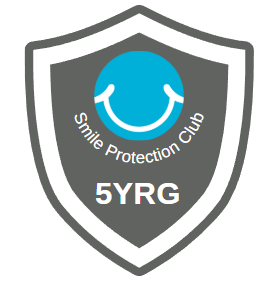
What Happens if My Retainer Doesn’t Fit Anymore?
Austin, TX – Maintaining a straight, healthy smile is a long-term commitment that doesn’t end when your braces come off. For many people, wearing a retainer is an essential part of the orthodontic journey, helping to ensure that your teeth remain in their corrected positions. But what should you do if you’ve found that your retainer no longer fits? Is it necessary to return to wearing it? Let’s explore this common dilemma.
Firstly, it’s essential to understand why retainers are necessary. After braces are removed, the teeth are still settling into their new positions. Retainers help to hold the teeth in place while the bone around them adapts to their new alignment. Over time, the bone will stabilize, and you may require less consistent wear, transitioning to only nighttime use or eventually discontinuing use entirely. However, this process can vary from person to person.
If your retainer no longer fits, it may indicate that your teeth have shifted. This is not uncommon, and it’s called “relapse.” Teeth tend to have a memory of their original positions and may slowly move back towards them. In such cases, it’s advisable to consult your orthodontist. They can assess the extent of the relapse and determine the best course of action. In some instances, a new retainer can be made to help re-correct your teeth.
It’s important not to ignore a retainer that no longer fits because untreated relapse can lead to a return of the original orthodontic issues. This means that all the time, effort, and expense invested in your braces or Invisalign treatment could go to waste.
If you’ve been inconsistent with wearing your retainer, this could also contribute to the fit issue. For a retainer to maintain its effectiveness, it should be worn as directed by your orthodontist. Ignoring their advice or not following the recommended wear schedule can result in your teeth shifting back to their pre-treatment positions.
In some cases, lifestyle changes might also affect the fit of your retainer. Weight gain or loss, changes in facial structure, or habits like teeth grinding can influence the alignment of your teeth. It’s crucial to discuss any such changes with your orthodontist to determine the appropriate steps to take.
If your retainer no longer fits, it’s essential not to dismiss the issue. Consult with your orthodontist to understand the reasons behind the poor fit and to find a solution. Whether it involves a new retainer, adjustments, or an updated treatment plan, taking action is crucial to preserve the results of your orthodontic work. Remember that wearing your retainer as prescribed and staying in touch with your orthodontist are key to maintaining a beautiful, healthy smile for years to come.
